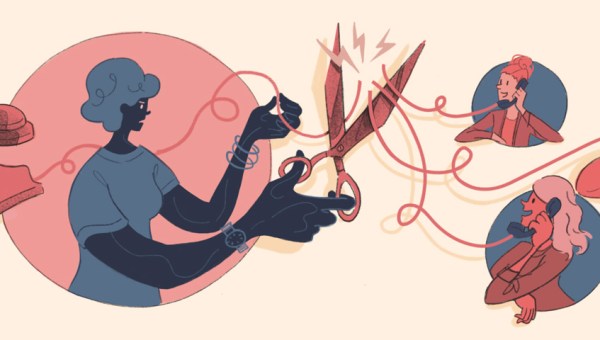Emails that deliver great customer service can create an enormous and cost-effective boost for your business. Unfortunately, many small businesses neglect their email presence despite the fact that the vast majority of customer service these days is conducted online.
This means that your email might be the most common way in which your customers interact with your brand or business.
As you might know from your own experience, it’s incredibly easy to set the wrong tone or convey an unclear meaning through an email. To help you put the right foot forward and craft emails that deliver great customer service, we’re going to look at some examples of things you should never say to customers in emails.
Avoid these pitfalls and your emails will connect with your customers in a friendlier, more personable manner that strikes up loyal relationships.
Time is of the essence
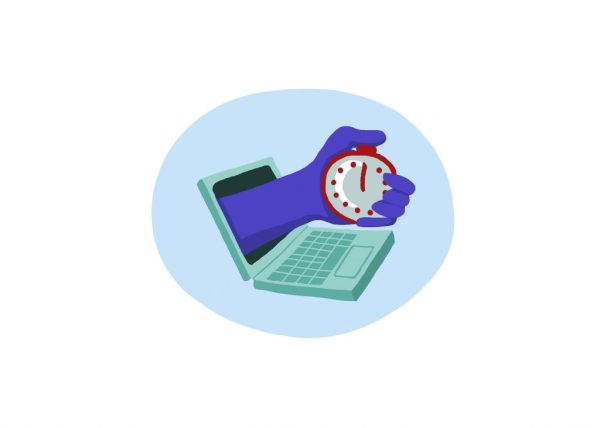
Before we dig into what not to say, let’s look at what an appropriate response time is for emails.
The original beauty of email was that when you received a message you could reply at a time that was convenient for you. Both the sender and recipient could compose their message without the immediate time pressure associated with photos.
Now, thanks to smartphones, email is always with us. People expect faster, and sometimes even immediate, responses.
According to research conducted by email app Boomerang, the average response time is 23 hours, but that’s because there is a very long tail of people responding very late. Fifty percent of responses are sent within two hours and the most common email response time is two minutes.
Phrases to avoid in your customer service emails
1. “To whom it may concern” or “Dear valued customer”

You have to start your email off somehow, right? And you might think that a more formal salutation will show the proper respect and reverence. They’re the customer, after all, and you should put them on a pedestal, shouldn’t you?
The truth is that most customers just want to feel noticed and validated. And the best way to do that is to begin your salutation by using their name. The greeting you compose is going to set the tone for everything that follows, so make sure you use the customer’s name and make sure you spell it right. Take a minute to double-check that spelling. Nothing will sour a customer experience faster than being misidentified.
Instead Use: Hello Michael, Hey Sarah, Hi Jason!
2. “It seems an error was made on our end.”
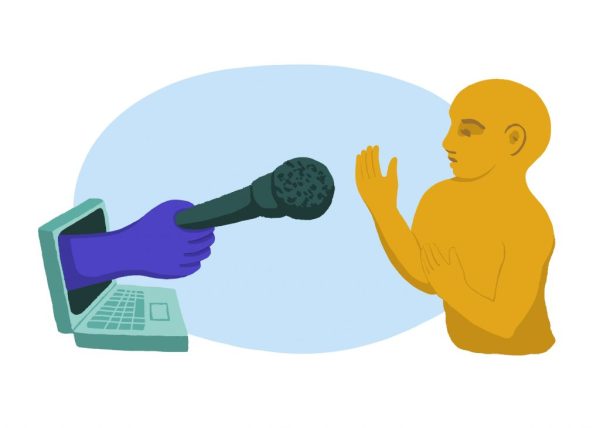
It’s easy to understand why you might be tempted to use this phrase, especially if you’re running a small business: there’s no place to hide. And you might not feel like throwing yourself under the bus or admitting responsibility to a customer.
But this is a wishy-washy, stock phrase—and customers know it. They’ll be able to sniff out in a second that you’re avoiding responsibility (or that you don’t care enough to look into it).
The use of the passive voice here is a dead giveaway that you’re more interested in avoiding blame than solving problems. This makes for an alienating customer service experience—one in which the customer doesn’t really feel heard or valued.
Instead Use: “We’ve made a mistake.” “I’m sorry, but we definitely made an error.” “I’ve personally looked into this and we made a mistake.”
3. “Actually…”
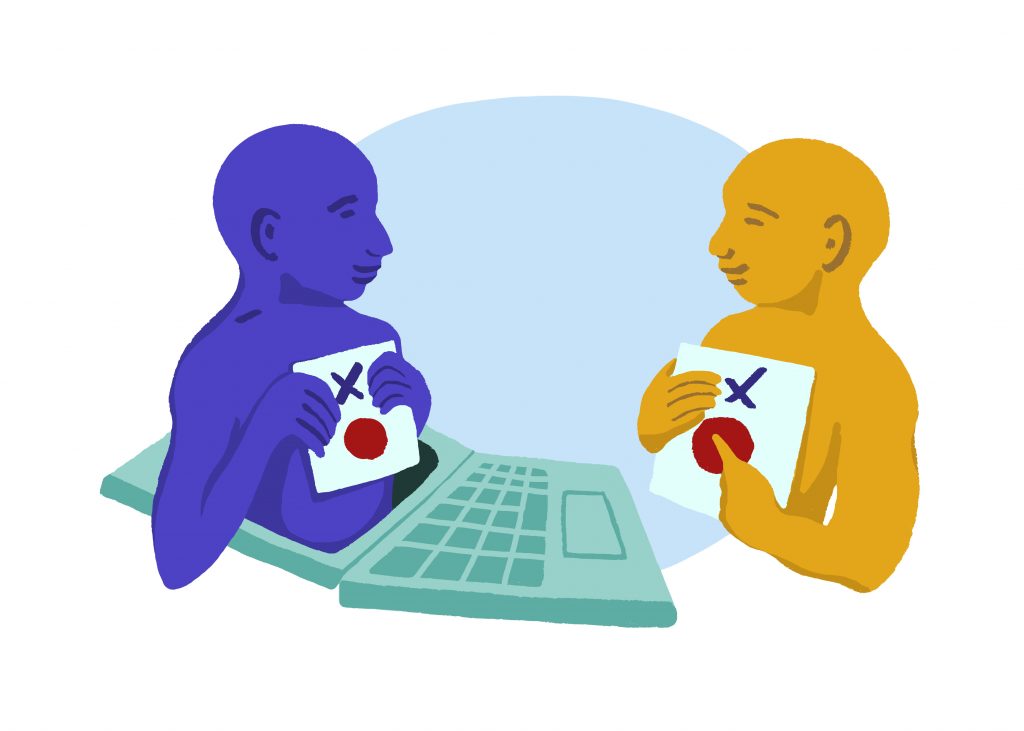
I’ll make a confession here: “Actually” is one of my least favorite words of all time. It’s grating to hear in a conversation and infuriating to read in a customer service email. The big problem is that you might not realize you’re using it; for some people, the word “actually” is a totally harmless verbal or written tick.
But for a customer reading an email, the word “actually” is almost always followed by some explanation of how the customer is wrong or misunderstood something. And that might be true. But how you approach that misunderstanding says a lot about your overall customer service experience. “Actually” tends to be quite condescending and off-putting.
Instead Use: “I just want to make sure we’re both on the same page.” “If I’m understanding you correctly, the issue is…”
4. “I’m not able to help you with that issue…”
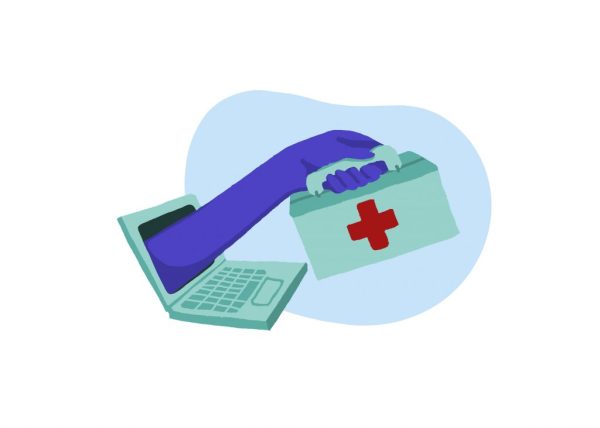
Inevitably, customers are going to bring issues to your attention that you’re powerless to directly control, especially if you’re a small business. Maybe the post office made an error with your tracking data. Or perhaps you’re having issues with your vendors that are slowing your business down. It could really be any number of things.
However, if you tell a customer via email that you’re not able to help with a particular situation, you’re probably going to lose that customer—and you don’t want that. The trick is to provide the customer with solutions.
Some of those solutions might require you to eat some costs (for example, send out another product free of charge), but the overall customer satisfaction—and potential word of mouth advertising—will likely be worth it in the long run.
Instead Use: “Here’s what I can offer you…” “What I can do for you is…” “I want to make this right by…”
5. “We’d like to apologize for any inconvenience this may have caused…”
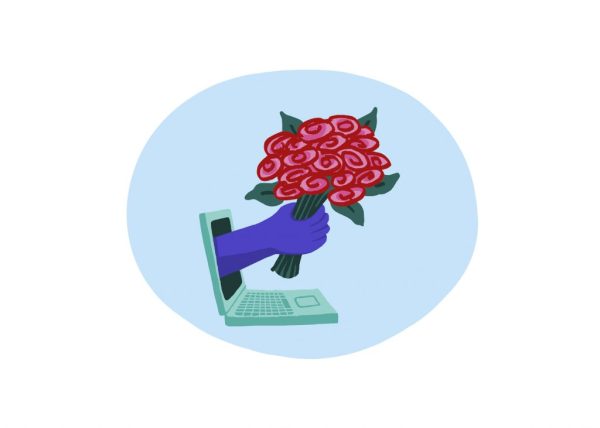
Apologies can go a long way in customer service—even apologies delivered over an email. However, how you phrase that apology is incredibly important and, sometimes, a little touchy.
Any apology needs to feel sincere, otherwise, it’s pretty worthless. The above phrase is so cliche and general that it doesn’t feel at all sincere. Additionally, “may have caused” seems to throw the entire situation in doubt, and the customer may feel as though he or she has not been heard.
If you’re going to issue an apology (and if the customer has been inconvenienced, you probably should), then it pays to make it specific and genuine. Rather than apologizing for some nebulous “inconvenience,” apologize for the specific issue that’s been created.
Any good apology will also be followed by concrete steps you’re going to take to improve the situation.
Instead Use: “We’re sorry we were late shipping your product.” “I personally want to apologize for disrupting your schedule, and here’s how I want to make it right.”
6. “I trust this has resolved any issues…”
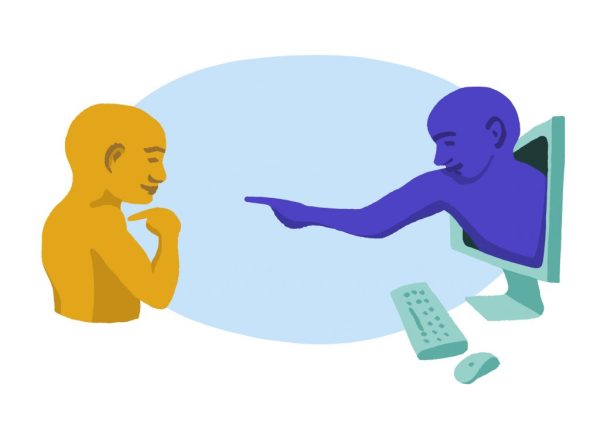
Oh, you do, do you? The impulse behind using this phrase is understandable. You want to assure the customer that this should make things right. But good customer service is in the eyes of the customer—which means it’s not up to you whether the issues have been resolved. It’s up to the customer.
Certainly, there’s nothing wrong with expressing a sincere desire that your actions have made things right with your customer and strengthened the reputation of your brand. But good customer service requires that you phrase such a desire in an authentic and receptive way. “I trust this has resolved any issues” doesn’t give the customer much ability to let you know they aren’t satisfied unless they want to be combative.
Instead Use: “My goal is to make things right, so let me know if there’s anything else I can do.” “I hope this starts to make things right, but we’re always open to feedback so let us know how you’re feeling.”
7. “We have received your email…”
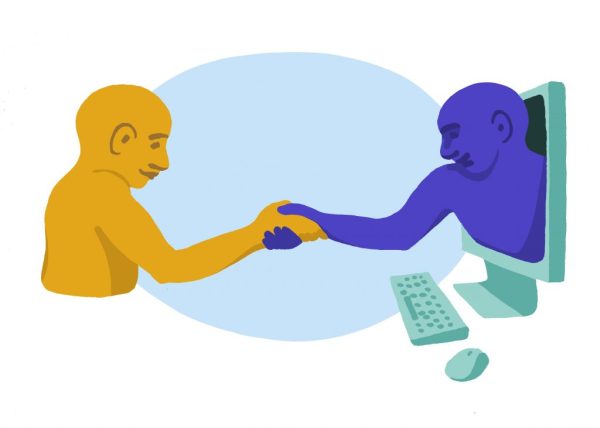
On the one hand, this seems like a good idea, doesn’t it? You’re letting a customer know that they are in the queue, that they haven’t been forgotten about and you’re looking into the matter. But it sounds like an automated response, meaning the customer certainly won’t feel heard. What’s “received” does not necessarily mean “read,” so your customer will be left wondering whether anyone really even cares.
Feedback is incredibly valuable. And a customer has taken time out of their day to give you that feedback, in some form or another. The first thing you should do is thank them for it. A simple thank you will let the customer know that their email has been received and that you’re looking into the problem. And that thank you will make the customer feel appreciated for bringing their information forward.
Instead Use: “Thank you for sending your email!” “Thank you for getting in touch.”
8. “Please note that…”

When you want to draw attention to something important, you might have the urge to tell your customer to pay attention, and it might seem polite to say something like “please note that….”
The problem is that this phrase is just too stuffy. It sounds like something a corporate machine would write, not something that a warm, personable small business owner would say.
In other words, especially for a small business, you want your humanity to shine through your email into all of your customer service interactions. Trying to sound like a corporate lawyer won’t do you any favors in this regard, and “Please note that…” is exactly the kind of phrase you want to avoid.
Instead Use: “It’s quite important that I mention…” “Since it’s quite important, I do want to make sure I mention…”
9. “We need you to advise of…”

Sometimes, customers will leave out some vital information. This isn’t on purpose, of course. It’s just that customers aren’t always going to know all of the information you’re going to need to resolve the situation. How you phrase those requests for information, then, becomes incredibly important.
First and foremost, you’re supposed to be the one with the answers here. So asking a customer to advise you is likely going to ruffle some feathers. The other problem is that you’re telling a customer what you need rather than discussing what you can do for the customer.
Instead, try asking for the information you need in a more customer-centric way. Or, just try being direct without couching your question in corporate language.
Instead Use: “How late was your package?” “I’d be happy to refund the cost of shipping. How much did you pay for postage?”
10. “I hope this experience has been helpful…”
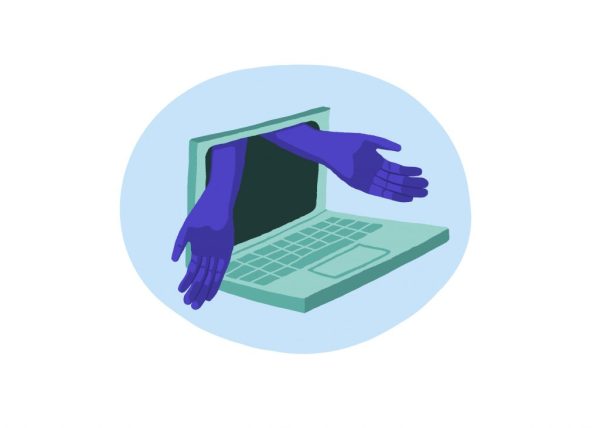
The reasoning behind this type of phrase makes a fair amount of sense because, well, it’s honest. You probably do really hope that the experience has ended up being a helpful one for the customer. The problem is that, from the customer’s perspective, the entirety of the experience may not have been all that pleasant.
And, really, if you’re giving great customer service, you should know that the customer is happy in the end. If you’re hoping the customer is happy, it might be a sign that, well, you just haven’t done enough.
Instead Use: “I’m always happy to help, so let me know if you need anything else.”
11. “Sincerely…”
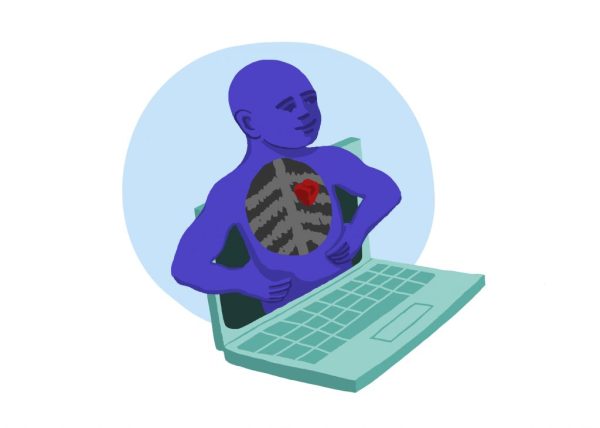
Ending an email is almost as difficult as beginning one. So the closing you choose is going to say something about you. Many people opt for “Sincerely,” to close out their emails because it doesn’t draw any attention to itself. The problem is that it ends up feeling stuffy and corporate.
From a customer’s perspective, the primary benefit of dealing with a small business is to experience human touch. This means that a simple “Sincerely” might make you sound distant and disinterested. You’re better off ending your email with a personal touch, even if it’s a little cheesy.
If English is your second language, it can be hard to know what’s appropriate to write sometimes. For tips, check out Email Writing Tips for Non-Native English Speakers.
Instead Use: “All the best,” “Thanks,” “Cheers,”, “If you have any other questions, don’t hesitate to reply.”
Remember the personal touch
You run a small business, which means you have one key advantage over corporations and big box stores alike: the human touch. Email has made customer service easier and more convenient than ever, but it can also diminish some of the warmth between you and your contacts. But by avoiding these 11 things you should never say to customers in emails, you’ll put yourself on the right track.
The trick is to remain authentic, warm, and personable in all of your email customer service interactions (and don’t use a “do not reply” email address!). Your customers, after all, are coming to you for help. They have a question or something went wrong and now they’re giving you a chance to correct it.
Interested in email writing tips? If you’re not a native English speaker, check out Email Writing Tips for Non-Native English Speakers. For pre-launch emails, there’s also some great advice in Start Capturing Emails Before Launching Your Website when using landing pages.
The right approach to your email customer service can help strengthen your brand and build loyal relationships along the way—and that’s worth avoiding a few stock phrases for.


